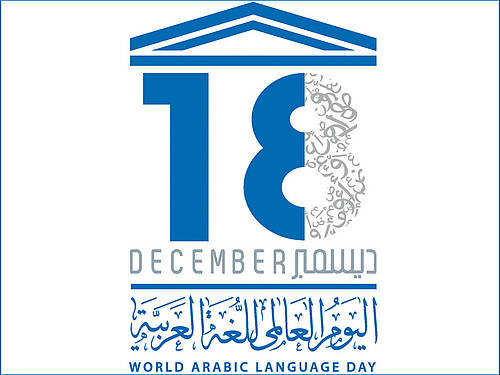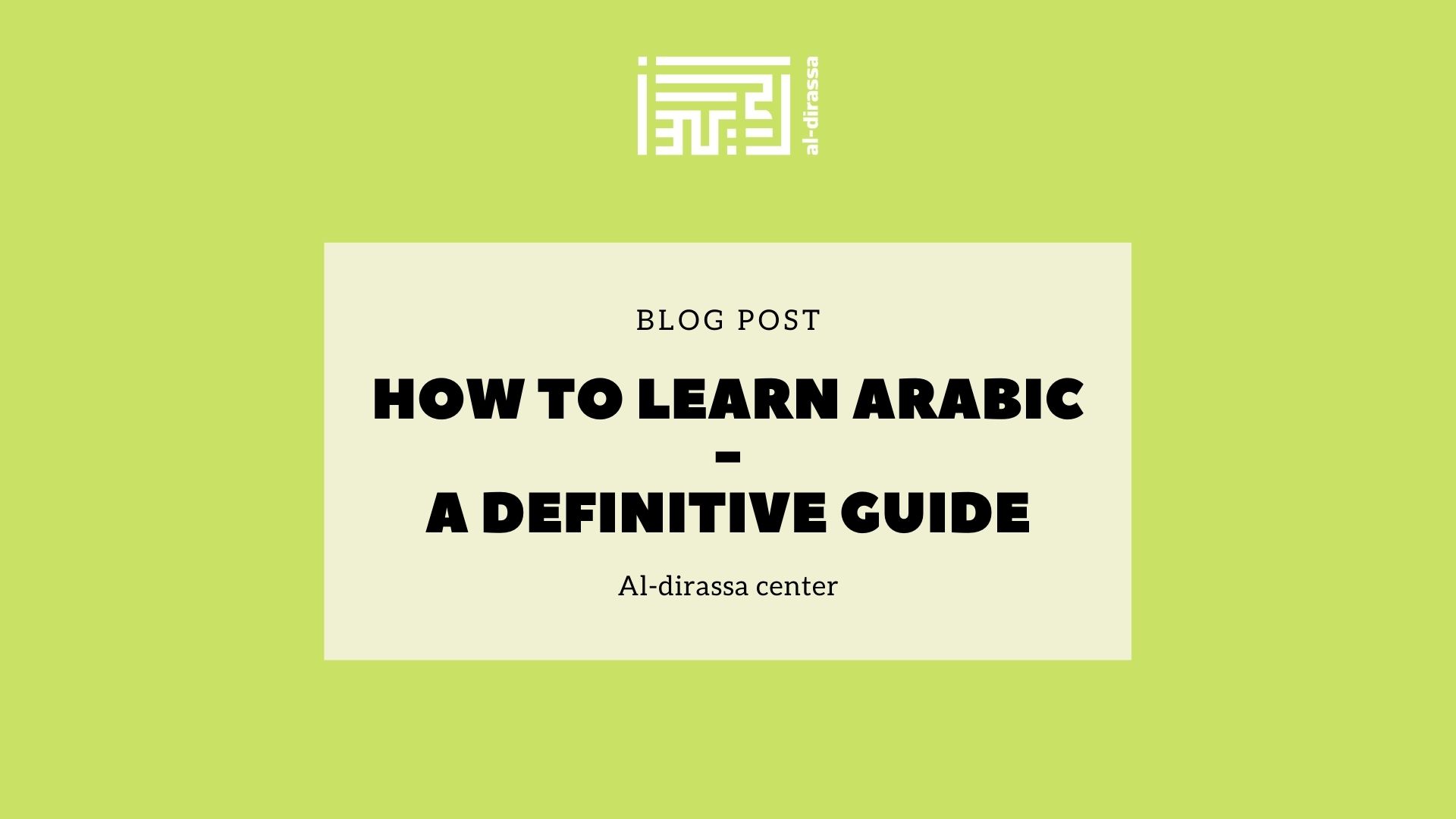How Long Does It Take to Learn Arabic? A Complete Guide

How Long Does It Take to Learn Arabic? A Complete Guide Introduction: A Challenge Within Reach Learning Arabic is a dream for many—whether to understand the Quran in its original language, travel in the Arab world, or study Islamic sciences. But one question always arises: How long does it take to master this language? The answer […]
World Arabic Language Day: Why and How to Celebrate It?

World Arabic Language Day: Why and How to Celebrate It? Introduction Every year, December 18th marks an important date for speakers, students, and enthusiasts of the Arabic language: World Arabic Language Day. Initiated by UNESCO in 2012, this celebration highlights the importance of a fascinating language that stands among the most ancient, rich, and influential […]
Learn Arabic Online: Mastering the Language of the Quran

Learn Arabic Online: The Ultimate Guide to Mastering the Language of the Quran Learning Arabic is a unique linguistic journey that opens the doors to a rich cultural, spiritual, and intellectual tradition. As the language of the Quran, spoken by over 400 million people worldwide, Arabic is also a valuable asset for broadening personal and […]
200 Essential Islamic Words in Arabic Every Muslim Should Know

200 Essential Islamic Words in Arabic Every Muslim Should Know Arabic is at the heart of Islam. It is the language of the Quran, daily prayers, and supplications (duas). For every Muslim, understanding and using Islamic words in Arabic is not merely a linguistic endeavor but a means of strengthening their faith and spiritually connecting […]
How to Learn Arabic from Scratch

How to Learn Arabic from Scratch Starting from scratch to learn Arabic may seem daunting, but with the right approach, it’s entirely achievable. Arabic, a language rich in history and culture, offers immense rewards for learners. This guide outlines a step-by-step process to begin your Arabic journey effectively. Start for free your journey today with […]
How to Choose the Best Online Arabic Course to Reach Your Goals

How to Choose the Best Online Arabic Course to Reach Your Goals Learning Arabic can be a personal, professional, or spiritual goal. Whether you want to master the language for career advancement, deepen your understanding of the Quran, or immerse yourself in a new culture, it’s essential to select the right learning program. With so […]
Best Online Arabic Courses: Your Guide to Learning Arabic Effectively

Best Online Arabic Courses: Your Guide to Learning Arabic Effectively Arabic is one of the most widely spoken languages in the world, with over 400 million speakers. Whether you’re learning Arabic for religious, cultural, or professional reasons, finding the right course is essential to achieving your goals. With the growing popularity of online education, learners […]
Mastering Arabic: A Comprehensive Guide to Learning the Language

Mastering Arabic: A Comprehensive Guide to Learning the Language Mastering the Arabic Language: A Comprehensive Guide Arabic, ranked as the sixth most commonly spoken language globally, serves as the primary medium of communication in various Arab nations. While traveling or conducting business in these regions, a grasp of the language becomes invaluable. Contrary to popular […]

